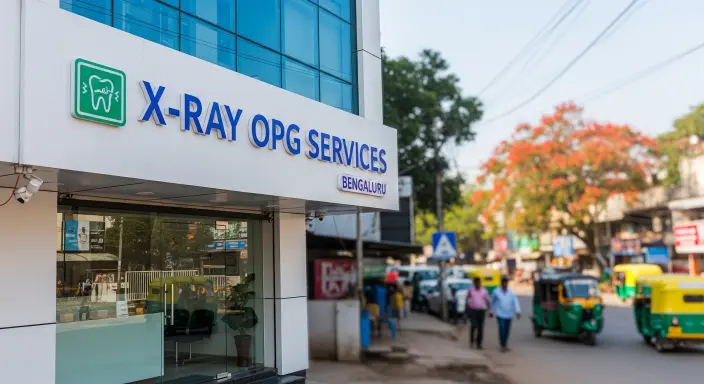
enquiry@ecotowndiagnostics.com
Send Your Mail 24/7 Support
Mon - Sat 6:30AM - 10:00PM
Sunday 6:30AM - 3:00PM
enquiry@ecotowndiagnostics.com
Send Your Mail 24/7 Support
Mon - Sat 6:30AM - 10:00PM
Sunday 6:30AM - 3:00PM

Asthma doesn’t always announce itself with a dramatic flare-up. In fact, many people live with undiagnosed symptoms—persistent coughing, mild shortness of breath, or tightness in the chest—without realizing they may be dealing with asthma. That’s why early detection is critical, and one of the most effective tools available for this is the Pulmonary Function Test For Asthma in Bangalore.
Whether you’re a parent noticing breathing issues in your child, an adult struggling with unexplained fatigue during workouts, or a doctor trying to confirm a diagnosis—this guide breaks down how pulmonary function tests (PFTs) play a vital role in catching asthma early.
Asthma affects over 300 million people worldwide, and the numbers are climbing. When detected late, it can lead to long-term lung damage, reduced quality of life, and emergency hospital visits. But early intervention can dramatically improve patient outcomes.
A Pulmonary Function Test (PFT) is a non-invasive diagnostic tool that measures how well your lungs take in and release air and how efficiently they transfer oxygen into the bloodstream. For asthma detection, spirometry—the most common PFT—is the go-to test.
During the test, you’ll be asked to breathe into a device that records how much air you exhale and how quickly. This helps doctors determine if your airways are obstructed, a classic marker of asthma.
In metropolitan cities like Bangalore, access to this diagnostic tool is easier than ever. Many multi-specialty hospitals and private clinics now offer the Pulmonary Function Test For Asthma in Bangalore, making it simple for residents to get evaluated.
Here’s how a PFT helps in asthma diagnosis:
Asthma narrows the airways, reducing airflow. A PFT captures this by measuring:
After your baseline test, you’ll be given a bronchodilator (like an inhaler). If your FEV₁ improves significantly post-medication, it’s a strong sign of asthma.
With rising awareness, Bangalore now offers advanced respiratory diagnostics in nearly every major locality. Some of the best-rated centers include:
What sets these clinics apart is their experience in interpreting results accurately, ensuring the Pulmonary Function Test For Asthma in Bangalore is not just a procedure, but a gateway to better health management.
Children often can’t articulate what they’re feeling, and asthma may go unnoticed. If your child frequently coughs at night, struggles during physical activity, or has recurring bronchitis, a PFT might be necessary.
The Pulmonary Function Test For Asthma in Bangalore is safe for children as young as 5 years old and can provide early warning signs long before major symptoms arise.
Preparation plays a big role in getting accurate results. Here’s what to keep in mind:
These simple steps ensure that the Pulmonary Function Test For Asthma in Bangalore delivers reliable data your doctor can trust.
Here’s a snapshot of how to interpret PFT results:
| Measurement | Normal Range | Possible Asthma Indicator |
| FEV₁ | ≥ 80% predicted | < 80% = possible obstruction |
| FEV₁/FVC | ≥ 0.70 | < 0.70 = airway narrowing |
| Post-Bronchodilator FEV₁ | No major change | ≥ 12% improvement = asthma likely |
Your physician will explain the results and, if needed, initiate a management plan tailored to your asthma severity.
Once asthma is confirmed, the journey doesn’t stop there. Management typically includes:
By leveraging consistent monitoring—especially through services like the Pulmonary Function Test For Asthma in Bangalore, patients can maintain better control and avoid unnecessary hospitalizations.
Asthma can sneak up on you—sometimes disguised as a persistent cough or a bit of breathlessness after climbing stairs. But with tools like the Pulmonary Function Test For Asthma in Bangalore, you don’t have to guess. You can know.
If you’re experiencing breathing issues or suspect early asthma in yourself or a loved one, now is the time to act. Schedule a test. Talk to a specialist. Because the earlier you catch it, the easier it is to treat—and the better life becomes.